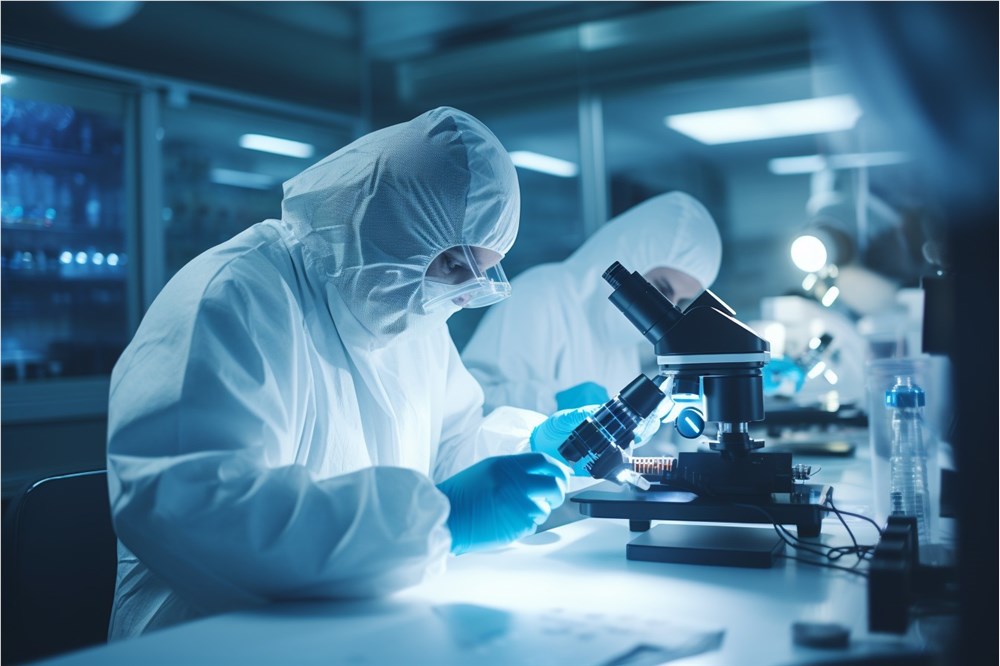Artificial intelligence is changing the face of scientific research at an unprecedented speed. The "AI scientist" that once existed in science fiction movies has now become an indispensable assistant to scientists with its strong data processing ability and analysis ability to accelerate the process of scientific discovery. They do not want to replace human scientists, but to enhance human abilities and help scientists study more efficiently, thereby promoting the progress of human civilization. This article will explore how AI scientists change scientific research and future development direction.
Remember the omnipotent AI scientists in science fiction movies? Now, they are no longer fantasies, but are entering reality! Global laboratory is being taken over by the "AI scientist" index. A new scientific discovery of the golden age It's coming!
You might ask, AI scientists? Can they really think and study like human scientists? In fact, AI scientists are not to replace humans, but to become the "left arm and right arm" of scientists to help them solve problems more efficiently.
Imagine that a scientist must consult thousands of documents to find the knowledge they need, but AI scientists can complete the work in an instant and make the most critical information. This is like having a super assistant, which can help you save a lot of time and energy and let you focus on more important research.

AI scientists can also help scientists design and perform complex experiments. For example, when studying nuclear fusion, AI can simulate the experimental process to help scientists better control the shape of the plasma, thereby improving experimental efficiency. This is like having an experienced "old master", which can guide you to take less detours and make breakthroughs faster.
Of course, AI scientists also have some "small problems", such as they may produce some false or misleading information. But this is like a fledgling "apprentice" that needs to be continuously learned and improved. Scientists are trying to solve these problems and develop new methods to evaluate the reliability of AI models.
In order to allow AI scientists to better serve scientific research, what do we need to do?
First, we must set clear research goals for AI scientists. This is like arranging tasks for "apprentices" to let them know what they want to do.
Secondly, we must provide high -quality data for AI scientists. This is like providing learning materials for "apprentices" so that they can continue to learn and progress.
Finally, we must build a good scientific research environment to encourage cooperation between scientists and AI scientists. This is like creating a platform for "master and apprentices" to learn and grow together, allowing them to promote each other and progress together.
Although AI's application in the field of science is still in the early stages, it has shown huge potential. I believe that in the near future, AI scientists will become indispensable partners of scientists, help us solve more scientific puzzles, and promote human civilization to continue to develop!
The following are examples of some AI being changing scientific research:
The Alphafold2 system can predict the protein structure, which has opened a new way for drug design and disease therapy.
AI can help scientists simulate nuclear fusion experiments, which will accelerate the development of clean energy.
AI can help scientists analyze a large amount of genome data, which will help us better understand diseases and develop new treatment methods.
In order to seize the opportunity of AI to empower science, policy makers need to take action:
Determine AI's "Hilbert" in the field of science, that is, those key issues that can promote scientific progress.
Make scientific data easier to read by scientists, such as establishing new databases and digital public files.
Taking AI as the next generation of scientific instruments to teach, so that future scientists can master the skills of using AI.
Explore new methods of scientific organizations, such as establishing new research institutions and encouraging cross -disciplinary cooperation.
AI is setting off a scientific research revolution, let us look forward to a new era of AI empowering science!
The cooperation between AI scientists and human scientists will start a new era of scientific discovery and play a key role in solving major challenges such as climate change and disease treatment. In the future, we need to continue to pay attention to the ethical and security issues of AI in the scientific field to ensure its healthy and sustainable development.